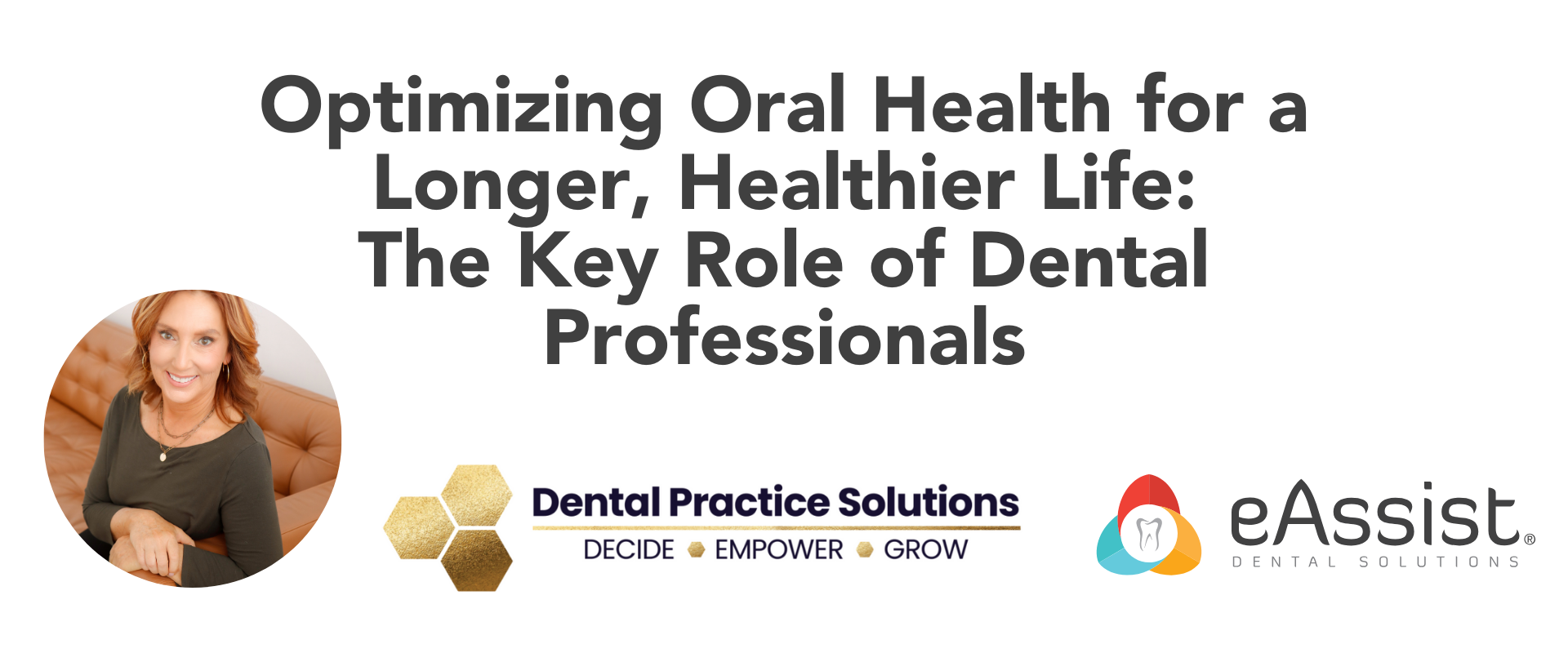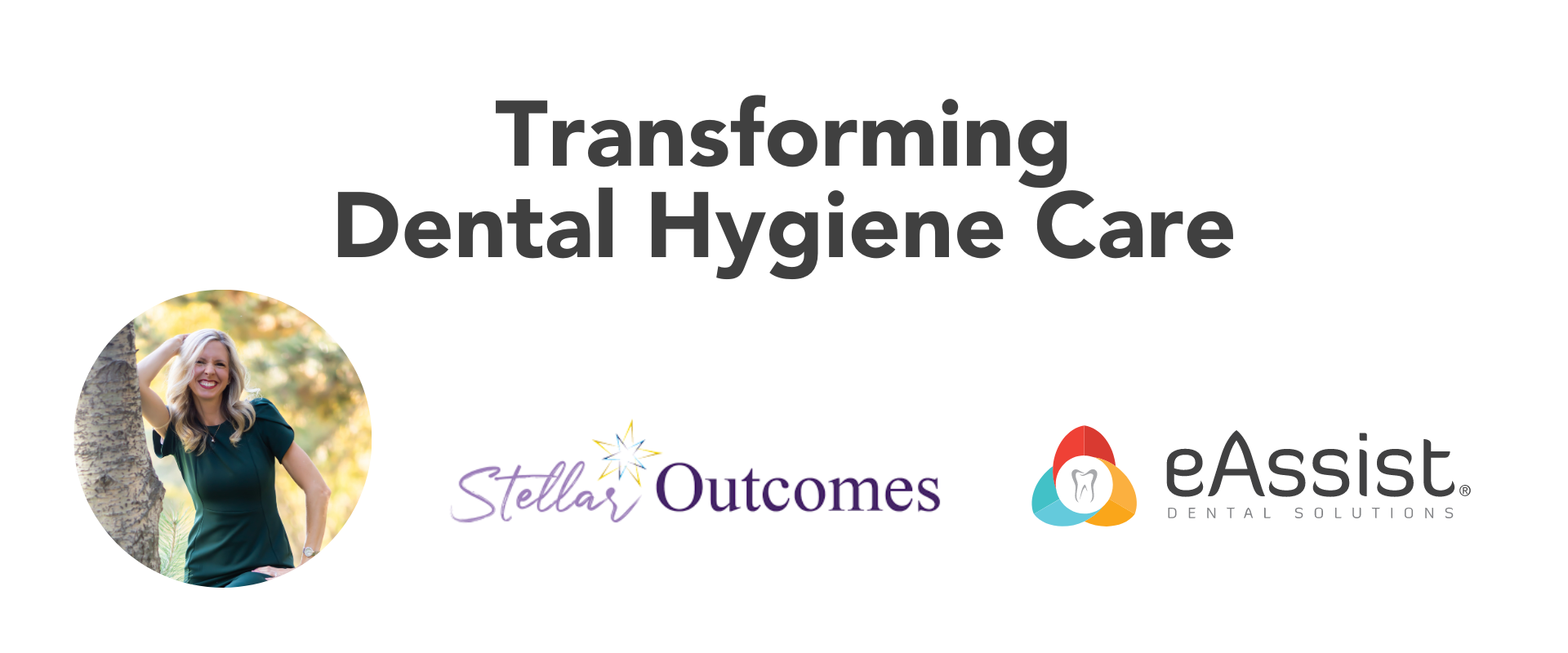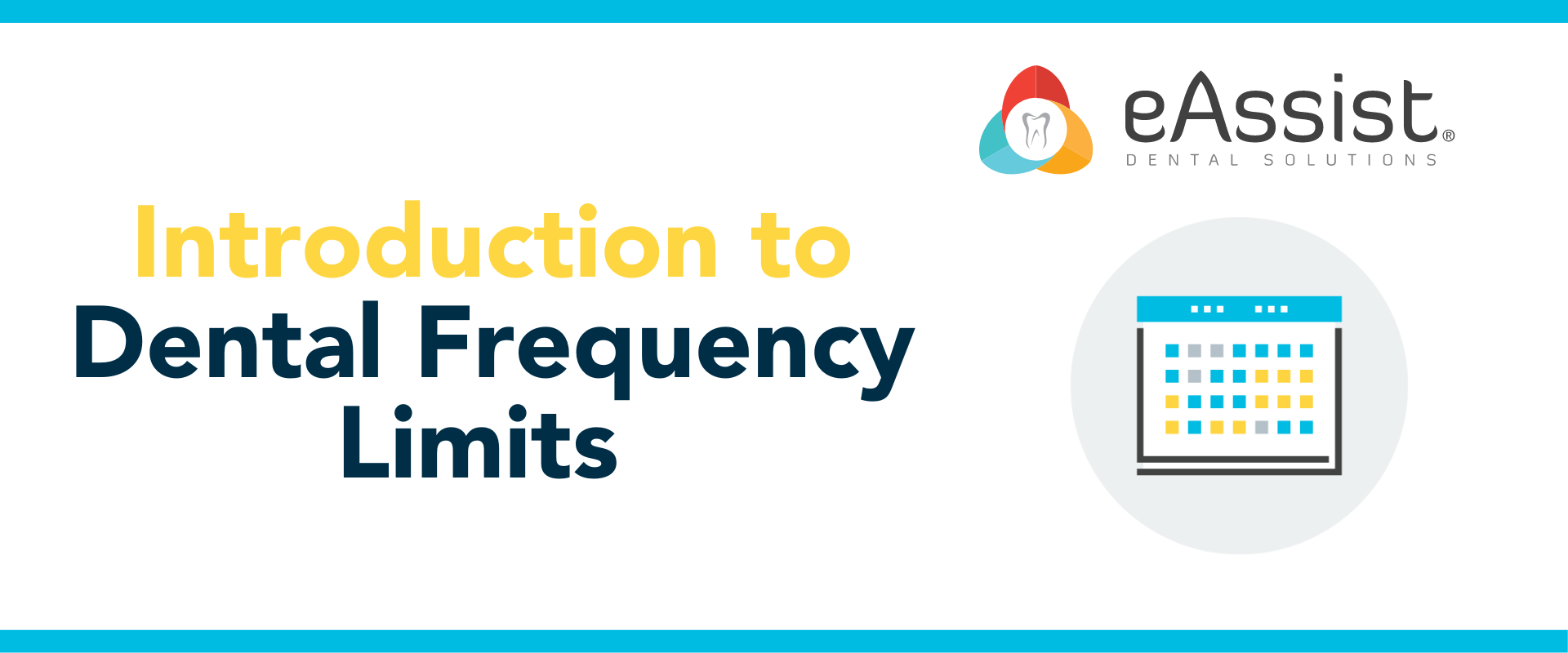In the pursuit of a longer, healthier life, understanding the vital role dental professionals play in assessing and treating gum disease is paramount. Beyond achieving a dazzling smile, maintaining optimal oral health has far-reaching implications for overall well-being.
By addressing gum disease through non-surgical periodontal treatment, dental professionals contribute to the prevention of not only gingival disease but also systemic diseases such as heart attacks, strokes, diabetes, Crohn’s disease, Parkinson’s, and even Alzheimer’s disease, just to name a few.
Periodontal disease, aka: “gum disease,” is a common oral condition and when left untreated, it can progress leading to irreversible damage of the supporting structures of the teeth. Eventually, this inflammatory process will lead to a cascade of systemic diseases. Dental professionals are at the forefront of identifying and treating gum disease, playing a pivotal role in maintaining overall health.
The key role of dental professionals must be to share this important message:
“Optimal oral health leads to a longer, healthier life.”
The first step to assess gum disease lies in the comprehensive periodontal evaluation which is an assessment by a dentist and/or dental hygienist.1 This proactive approach allows for timely intervention, preventing the progression of gum disease and the potential systemic implications. In 2018, the ADA gave us a new code (Gingivitis CDT Code D4346) to treat generalized moderate to severe gingivitis when there is no visible radiographic bone loss. This is our first step to create a specific plan to prevent gum disease, ultimately putting a halt to other inflammatory systemic diseases.
The first appointment when a patient has generalized moderate to severe gingival inflammation now provides clinicians time to discuss this mouth-body connection and why it’s important to put a halt to gum disease. Our job is NOT to clean teeth.
A Paradigm Shift
A paradigm shift has been made from cleaning teeth to treating the whole body!
Our message to patients needs to be about how they can live a longer, healthier life. We are not “just” treating a tooth or “cleaning teeth”!
Explain to patients that prevention costs a little money and treating disease will cost a lot of money, and time which affects our total health, not just our mouth.
Non-surgical periodontal treatment is a cornerstone of managing gum disease effectively. The initial treatment focuses on addressing inflammation, eliminating infection, and promoting the regeneration of damaged tissues. This non-invasive approach can often halt the progression of gum disease and promote the healing of affected tissues.
Once we put a halt to oral inflammation our patients will experience a healthier body. Explain to patients that a healthy mouth decreases the risk of heart attack and stroke. It can lower cholesterol and A1C (risk for diabetes), Alzheimer’s Disease, Parkinson’s, and the list goes on.
We should actively communicate the broader impact of gum disease on systemic health. Research has established a strong connection between gum disease and various systemic conditions, including heart attack stroke, Crohn’s disease, Parkinson’s, and Alzheimer’s disease.1
In the case of heart disease, it is also linked to inflammation associated with gum disease and may contribute to the development of atherosclerosis, a condition where arteries become narrowed and hardened, potentially leading to heart attacks.
Similarly, the link between gum disease and strokes is attributed to the spread of bacteria from the mouth to the bloodstream, increasing the risk of blood clots. There is a list of systemic inflammatory diseases associated with gum disease. 2
Moreover, emerging research suggests a potential association between gum disease and neurodegenerative diseases like Alzheimer’s and Parkinson’s. While the exact mechanisms are still being explored, it underscores the intricate connection between oral health and overall well-being. 3, 4
As dental professionals, our overarching goal should be to share this crucial message with our patients. Let’s work as a team of dental professionals to prevent this disease process.
Optimal oral health is not merely about a beautiful smile but it’s a cornerstone for a longer, healthier life. Through routine preventive care appointments with early detection of disease, and non-surgical periodontal treatments, patients can significantly reduce their risk of developing not only gum disease but also serious systemic conditions.

Conclusion
In conclusion, the journey to a longer, healthier life begins with a commitment to optimal oral health. As dental professionals, we are equipped with expertise and advanced treatments to truly help our patients live longer and healthier lives. We stand as guardians against the silent threat of gum disease.
Let’s stand together and spread awareness about the profound impact of oral health on our total health. Your patients will love you for sharing this message. Let’s unlock the secrets to a future free from the shackles of preventable diseases.
References.
- Comprehensive Periodontal Evaluation Checklist: https://bit.ly/CPECkList
- Mireya Martinez-Garcia, Enrique Hernández, (2021). Periodontal Inflammation and Systemic Diseases: An Overview. Front Physiol. [PMC free article]
- Periodontal Disease Bacteria Linked to Alzheimer’s Disease. Periodontal. Periodontal Experts Published Information in AAP Updated News. (2019). [free article]
- Patricia Inácio, Ph.D., Gum Disease Periodontitis Linked to Increased Risk of Parkinson’s. August 19, 2021. Parkinson’s News Today. [free article]
About the Author
 Debbie Seidel Bittke, RDH BS, is a hygiene department coach, also a distinguished clinical dental hygienist, an educator, and a dental hygiene department coach/consultant. Debbie has revolutionized the way dental practices grow by sharing the mouth/body connection which helps patients live a longer and healthier life. She also has a unique system to keep dental patients returning for preventive care and all their dental appointments. Check out her popular hygiene course which will optimize the hygiene department and elevate patient care: https://dentalpracticesolutions.com/dental-hygiene-max-revenue-course/
Debbie Seidel Bittke, RDH BS, is a hygiene department coach, also a distinguished clinical dental hygienist, an educator, and a dental hygiene department coach/consultant. Debbie has revolutionized the way dental practices grow by sharing the mouth/body connection which helps patients live a longer and healthier life. She also has a unique system to keep dental patients returning for preventive care and all their dental appointments. Check out her popular hygiene course which will optimize the hygiene department and elevate patient care: https://dentalpracticesolutions.com/dental-hygiene-max-revenue-course/
She can be reached at her website: www.dentalpracticesolutions.com, her email: debbie@dentalpracticesolutions.com, or the Office: 623-252-1941.









STC marketing
Your comment is awaiting moderation.
Lyla Ortega
Your comment is awaiting moderation.